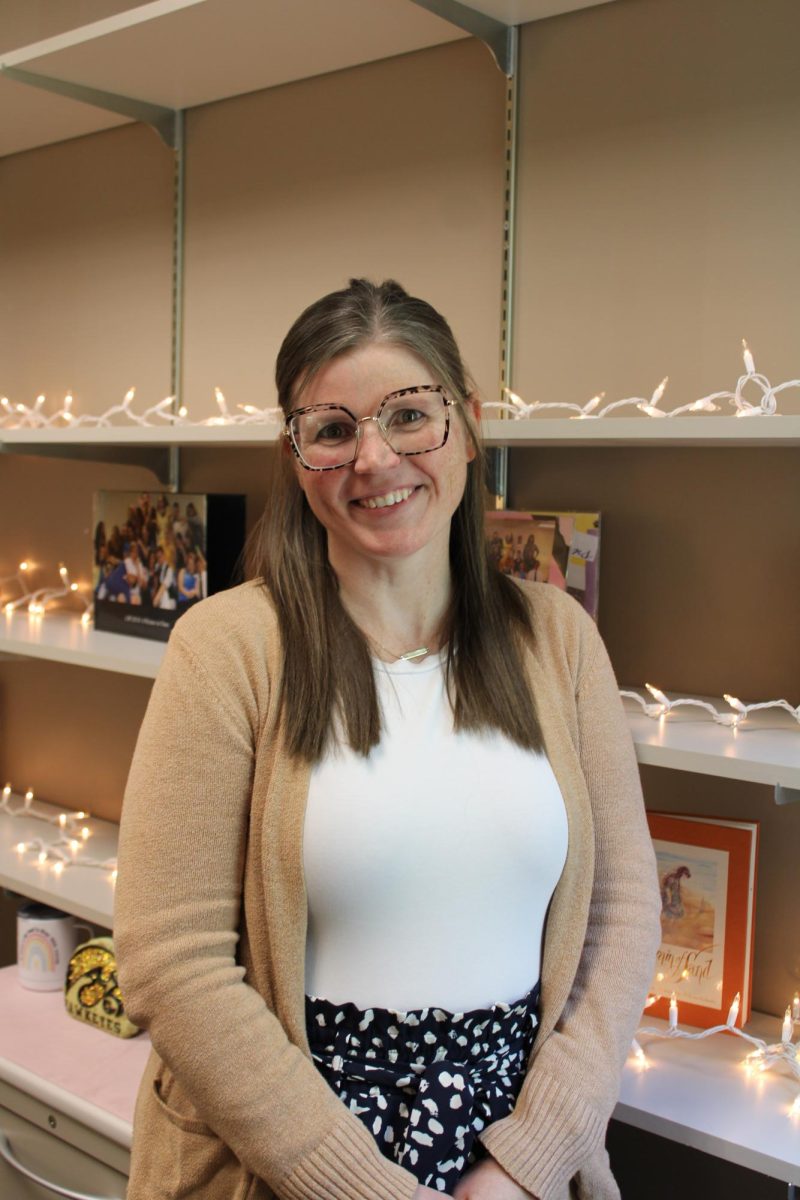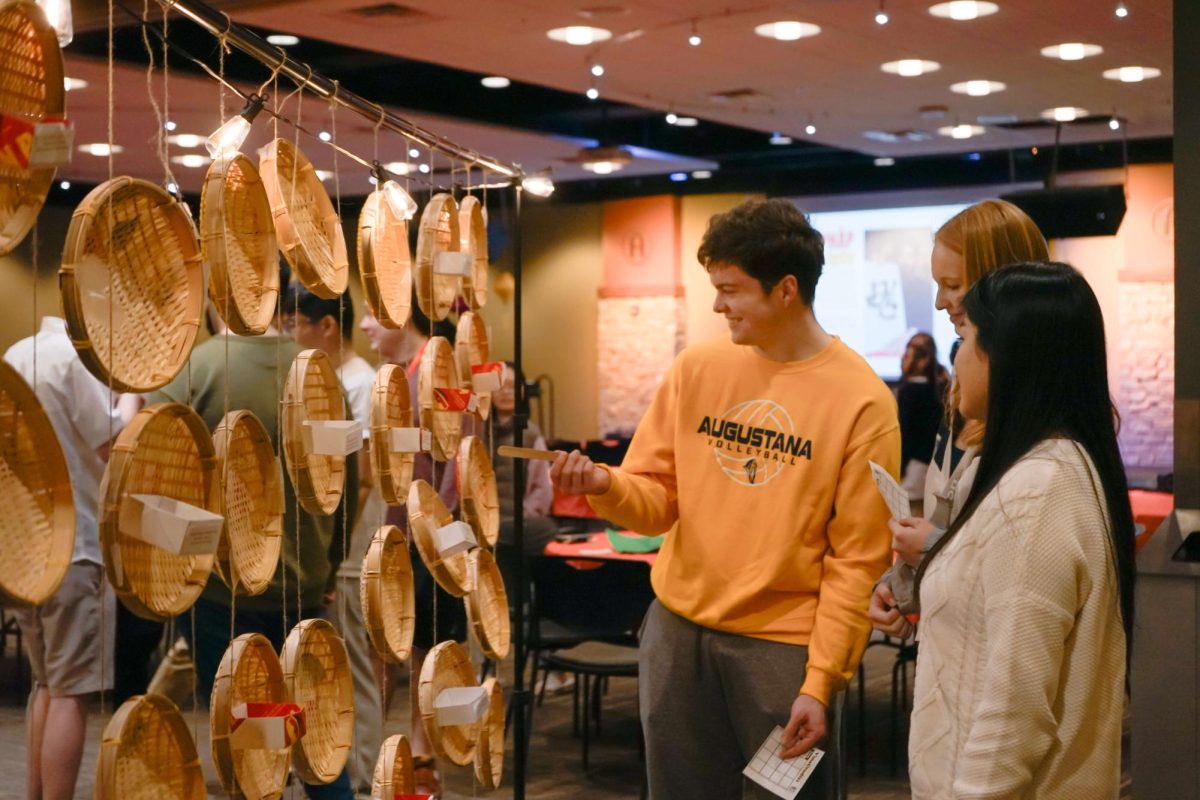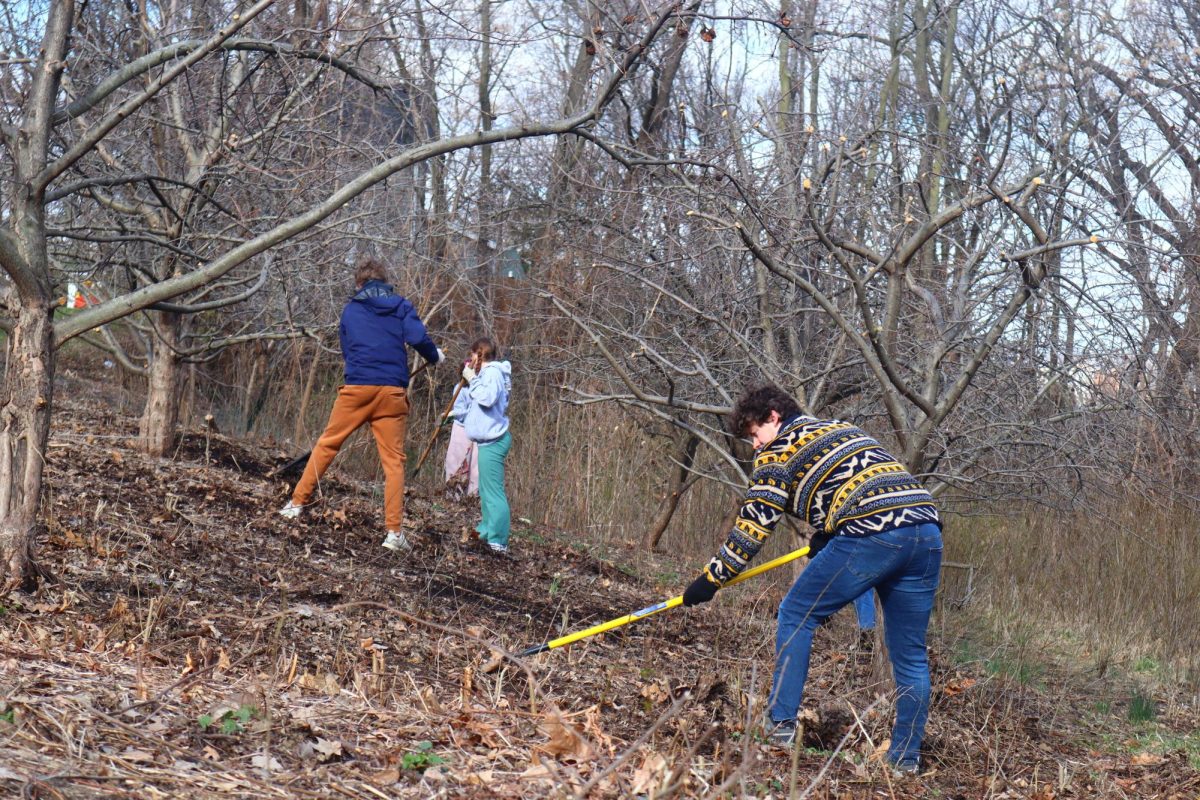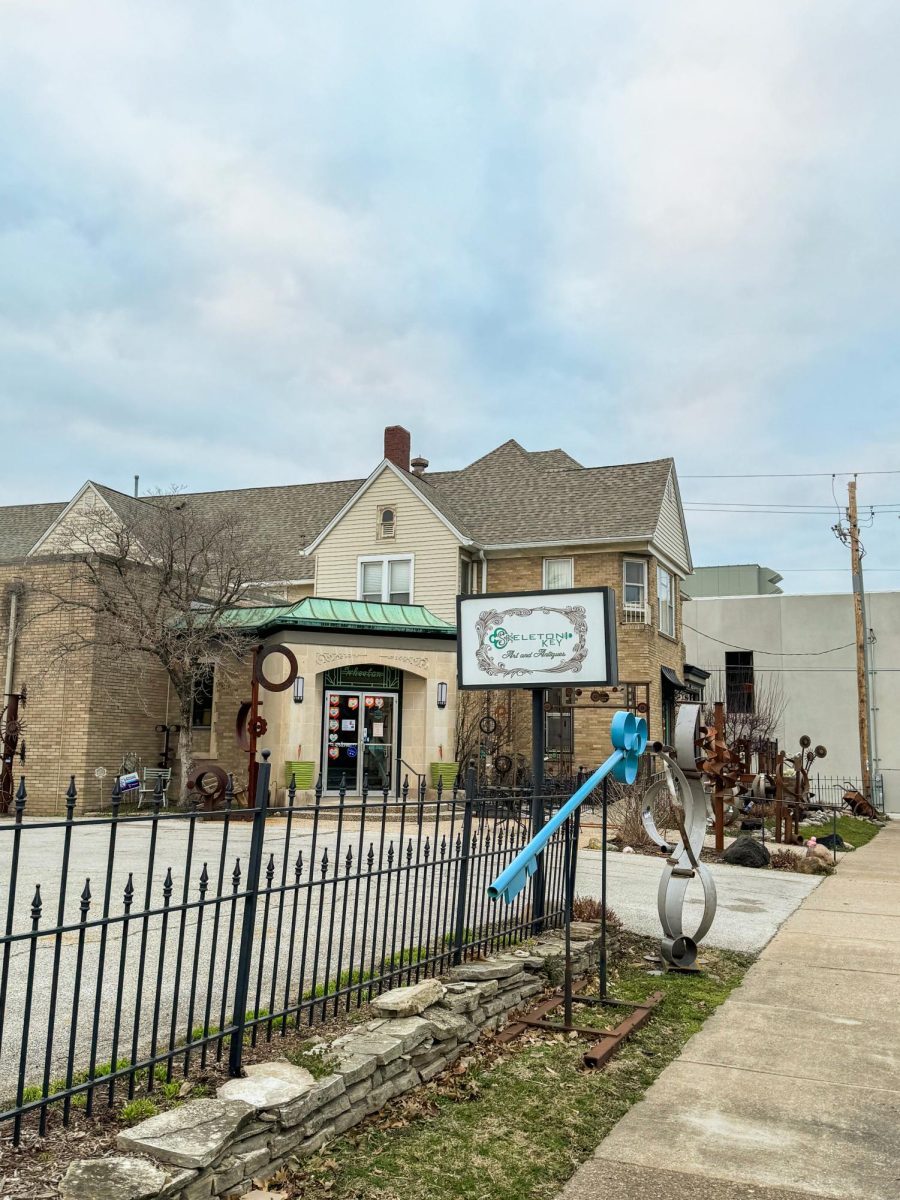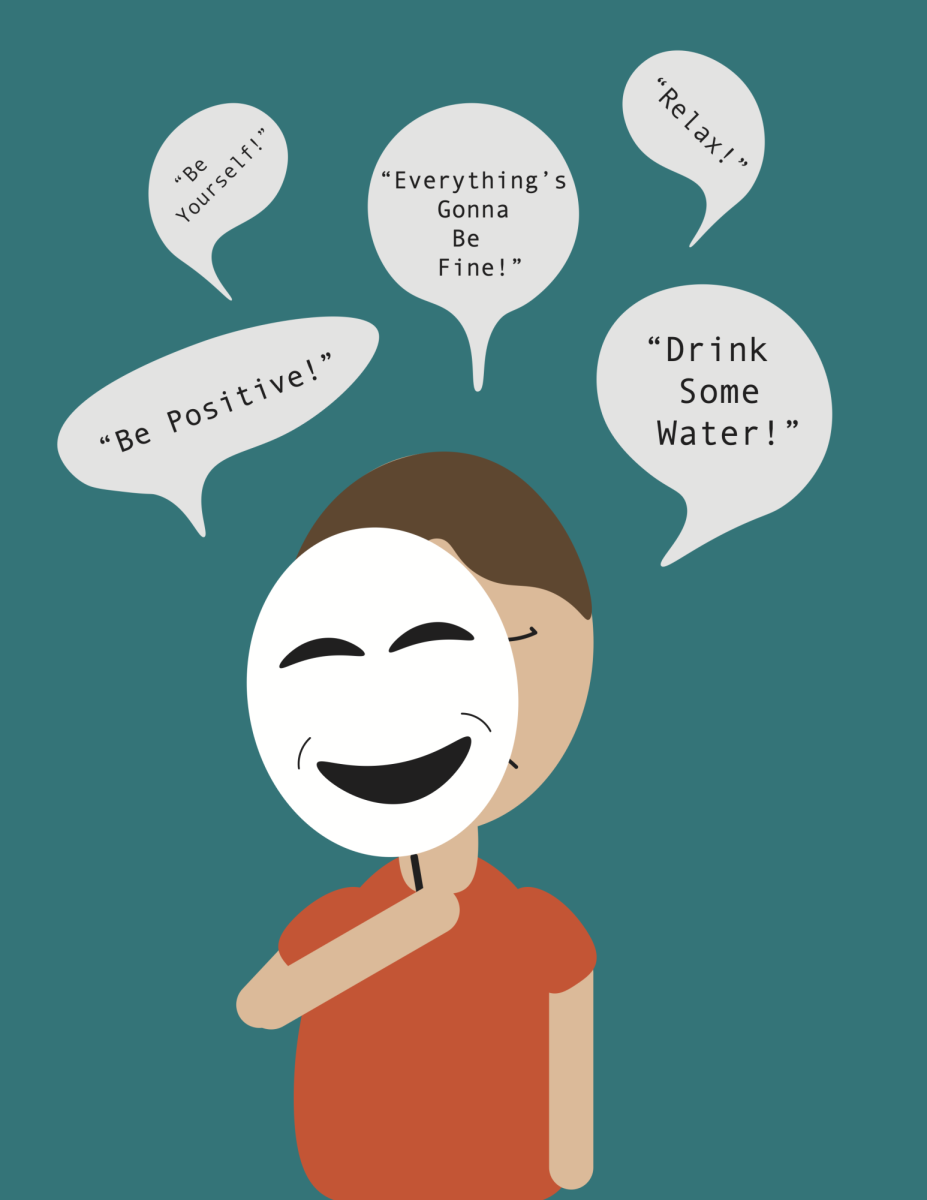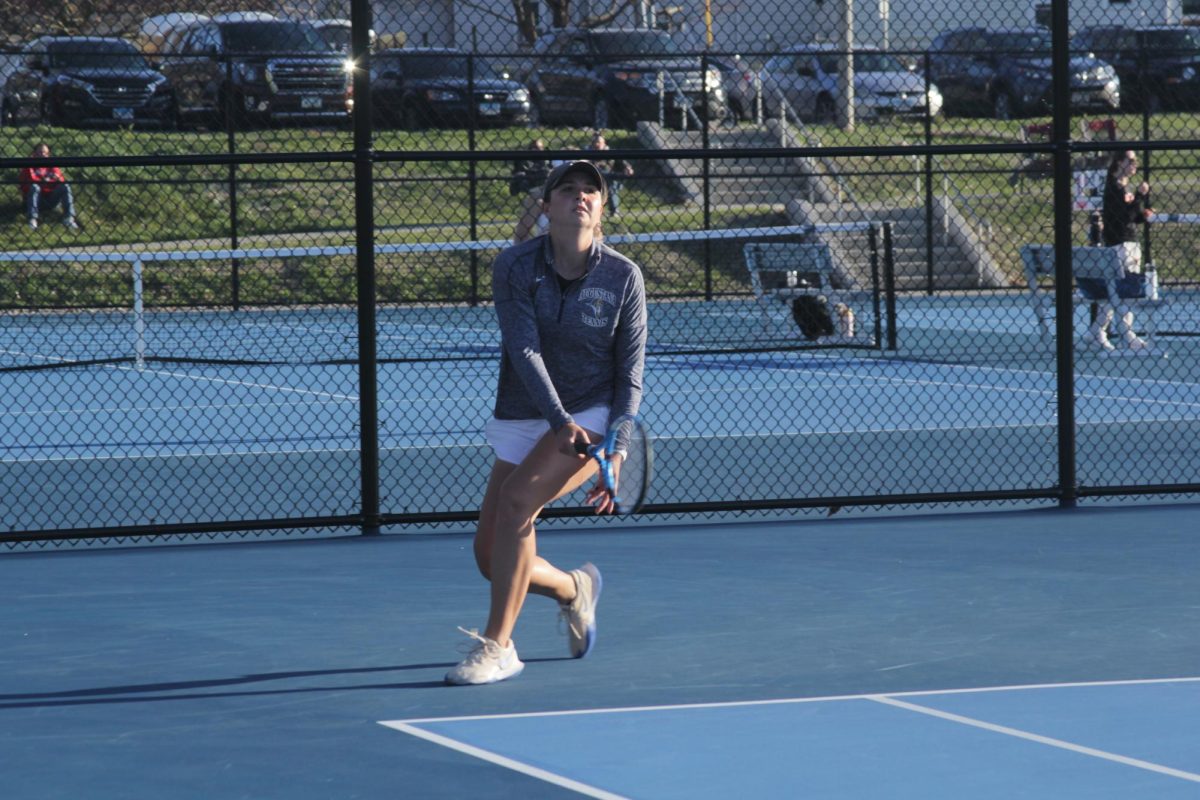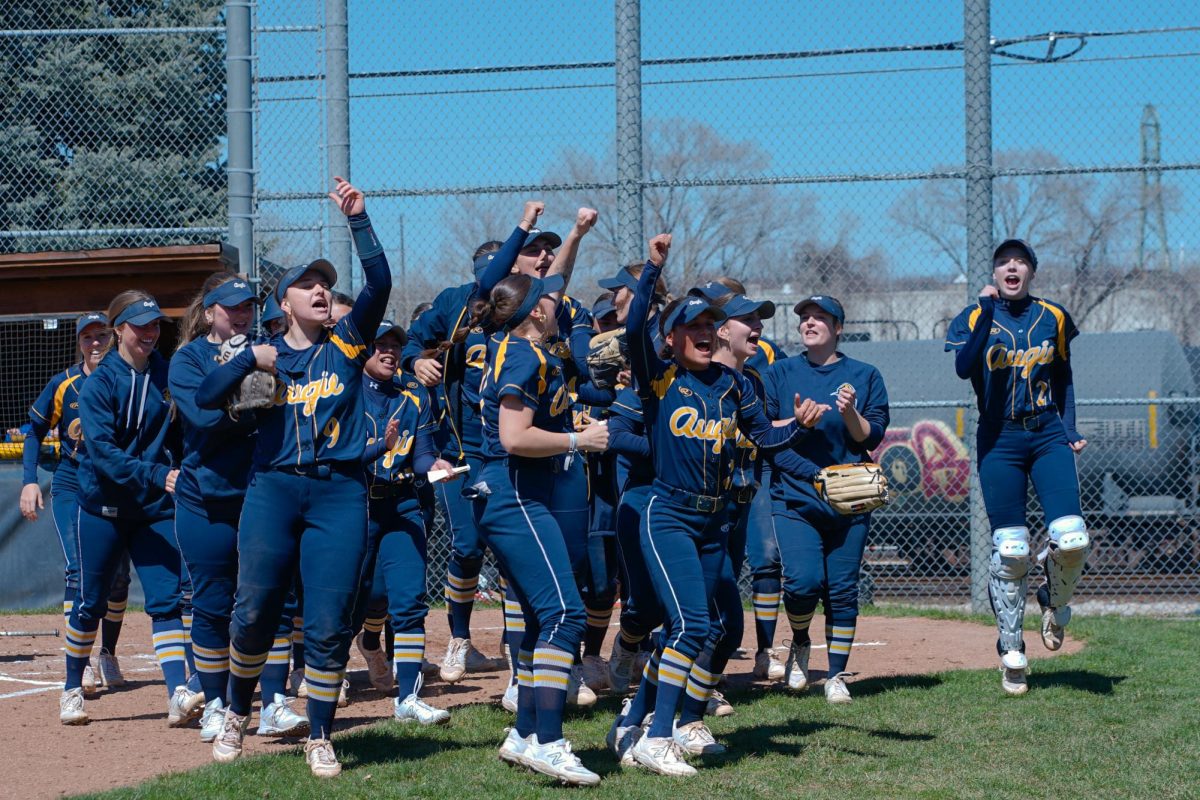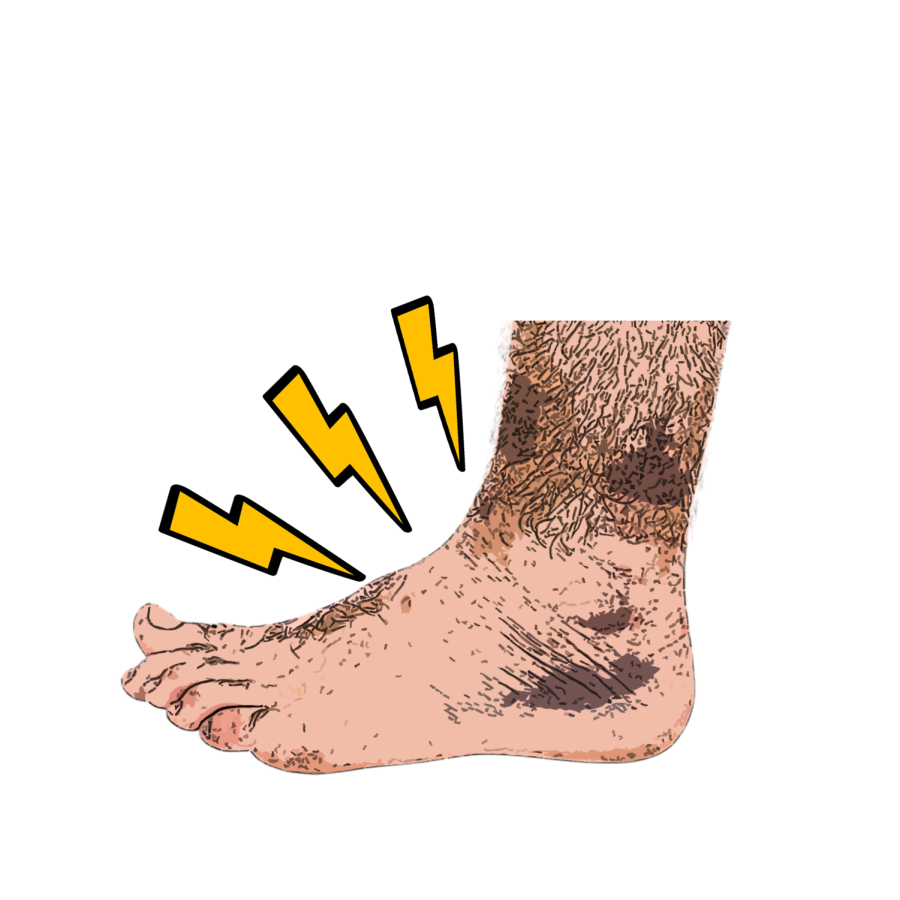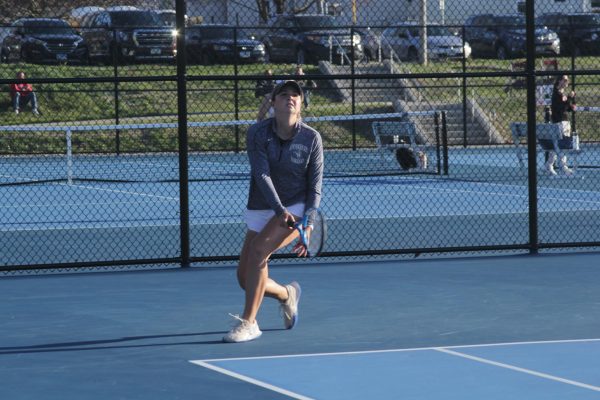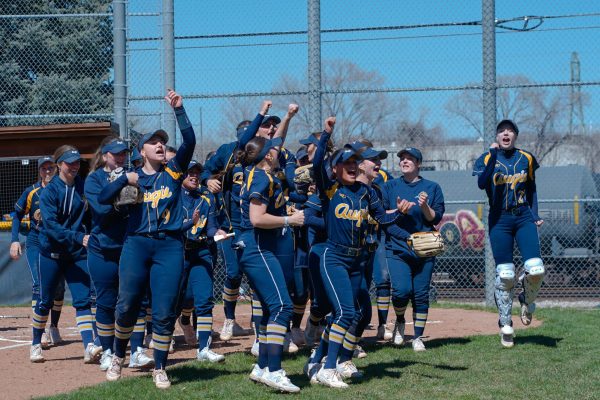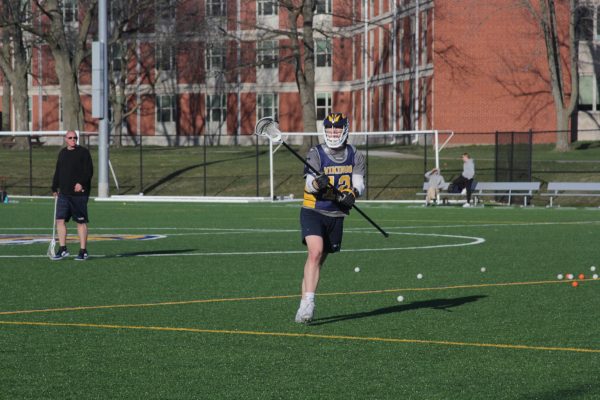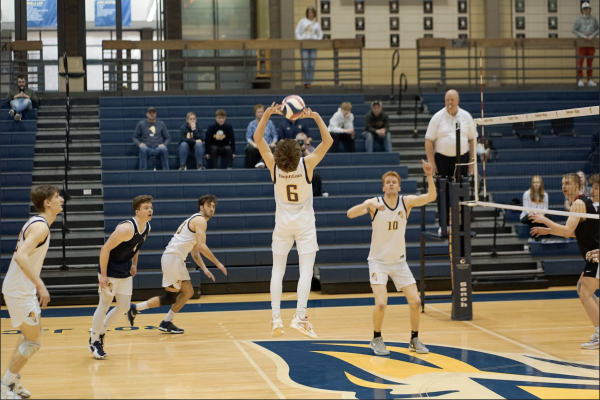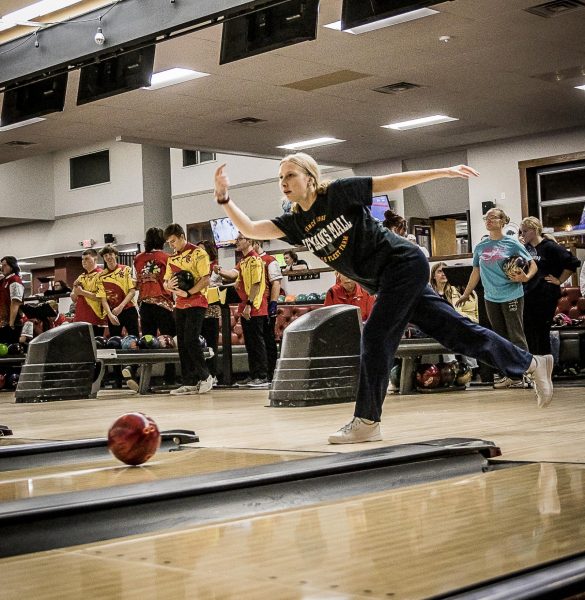Minimizing sports injuries
October 6, 2022
As the school year is getting busier with fall sports, it’s important to know how to take care of yourself to prevent injuries. It is also crucial for student athletes to understand how to take care of yourself and what to do in case you do get injured. There are many things that student athletes can do before a game or match that will help decrease the chance of getting injured.
Trainers at Augie work to advise students on staying safe and healthy.
“Warming up and cooling down before and after practice, eating a proper diet, drinking enough water and keeping up proper maintenance by exercising regularly and stretching the body,” Sean Faulkner, an athletic trainer for Augie, said.
However, with some sports it is harder to prevent an injury. For example, with football it’s impossible from all the contact present in the game.
“Even though it’s harder to stop the injuries there are still some steps to help lessen the chance of getting hurt,” Faulkner said.
For high-contact sports having proper technique is especially important.
But if an injury does occur, It has to be taken care of as soon as possible. If you let the injury linger, it can turn into a worse injury then it should’ve been. Some steps you should take to help heal it as fast as possible are getting it checked with a trainer or going to Physical Therapy for it. Stretching and pain medication helps as well..
There are some ways to tell if a person is seriously hurt, which are by looking at the intensity. Different injuries can be more intense than others and their severity may also change. That’s why it’s important to check with a physical trainer if the injury is intense.
“For example, if you just have a small headache that’s nothing to worry about but if you can’t concentrate, have trouble focusing and falling asleep, then you might have a concussion,” Faulkner said. That’s why it’s important to focus on the intensity of the injury and to manage it before it gets worse over time.
Participating in a club sport getting help may look different rather than being in a D3 sport. Club sports don’t have a physical trainer or anyone looking after the team if they get hurt, even for high-contact club sports. That’s why it’s even more important for you to maintain and look after your body. If you do get injured, Faulkner suggested that you use the student clinic which can give you a referral if you are seriously injured.
